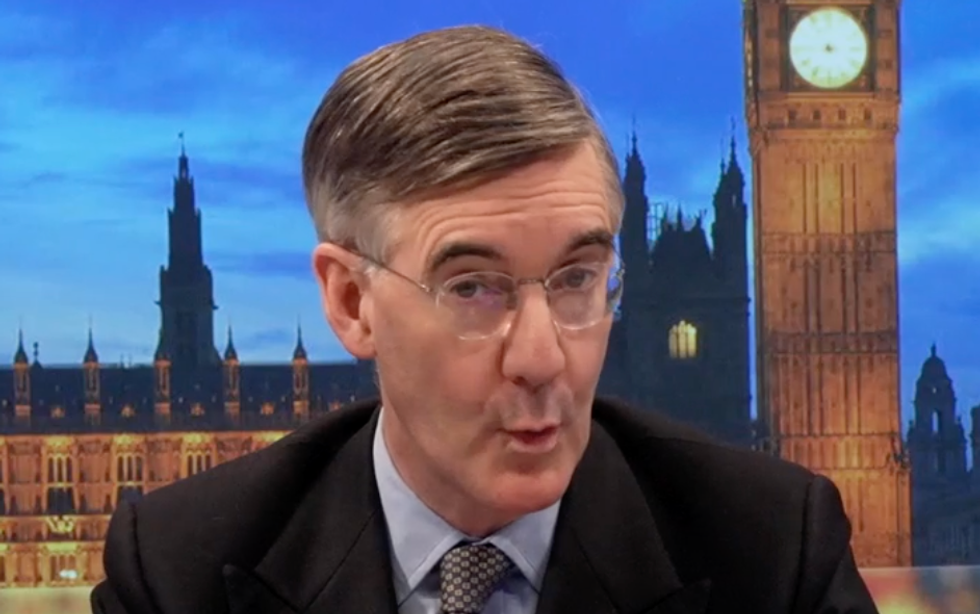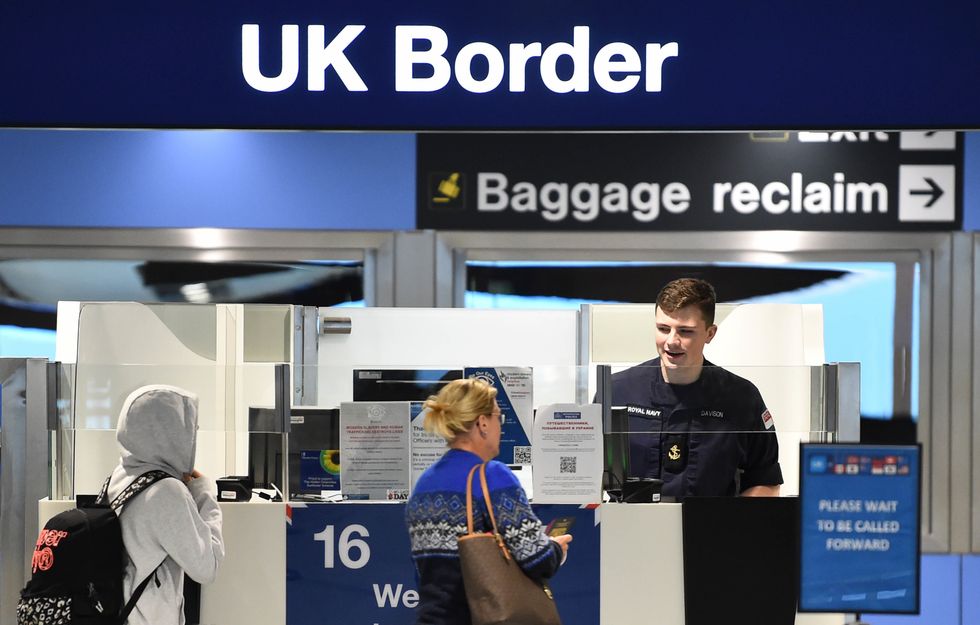Jacob Rees Mogg offers his view on Brits claiming sickness benefits
GB NEWS
The issue of welfare in the UK used to be an inconvenience for ministers that was repeatedly brushed under the carpet
Don't Miss
Most Read
Trending on GB News
The issue of welfare in the UK used to be an inconvenience for ministers that was repeatedly brushed under the carpet, mainly owing to the stigma attached to it, but with excessive, even unaffordable levels of public expenditure, it has become a frontline issue.
It is allied to the question of mass migration, of economic growth, of human capital, mental health and balancing the country’s budget, as welfare sets the base for wages more effectively than a minimum wage can.
My next guest has uncovered that among the 9 million economically inactive working age people in the UK, 5.5 million are on some form of out of work benefits. That’s the equivalent of five and a half Somersets.
Out of the 5.5 million, 3.2 million are on sickness benefits up from 2.5 million before Covid.

Jacob Rees-Mogg speaks on GB News
GB NEWS
Daily approvals for sickness benefits are now at 3000 new people every day, with the total expected to increase to 4.1 million by 2028.
Beyond the disruption that Covid caused economically and the strain it put on the welfare system, there is also an incentive trap.

Jacob Rees-Mogg says the need for mass migration can be curbed by getting many benefits claimants back into work
PANew research from the Centre for Social Justice shows that a full-time minimum wage job pays less than sickness benefits in many cases. In fact sickness benefits can pay up to £3000 a year more.
If we pay people more to stay at home than to get a job, why would they work? This makes an element of benefit payouts a lifestyle choice, not a safety net.
Labour has made the problem worse with its new hike on employer National Insurance. People often start on part time work before moving into full time work. Now the government has made it more expensive to employ people, businesses will be more reluctant to take on part time workers. In other words, people will stay on benefits.
Solving the benefits crisis will remove the need for mass migration, as 5.5 million, or at least a significant proportion, would become available for work. Again, as my next guest has pointed out, Sweden has reduced its net migration to zero. While we are busy importing millions of people, millions of others are languishing in an unfair dependency trap.
We have countless jobs of a wide range of skills available that could be filled by people who are already here.
Solving this crisis also relieves the waste of human potential. As Sir Iain Duncan Smith pointed out on this programme last week, a large proportion of sickness benefit claimants do so for mental health reasons, largely for depression and anxiety. But being out of work exacerbates these mental health problems.
If we get these people back into work, we could also save our economy from the doom and gloom forecasts that see a peak of 2 per cent annual growth over this parliament. More people in work means more money in people’s pockets, and more money means more economic stimulation.








